Serbia’s Divided Viewpoints on ‘Gay’ Across Generations
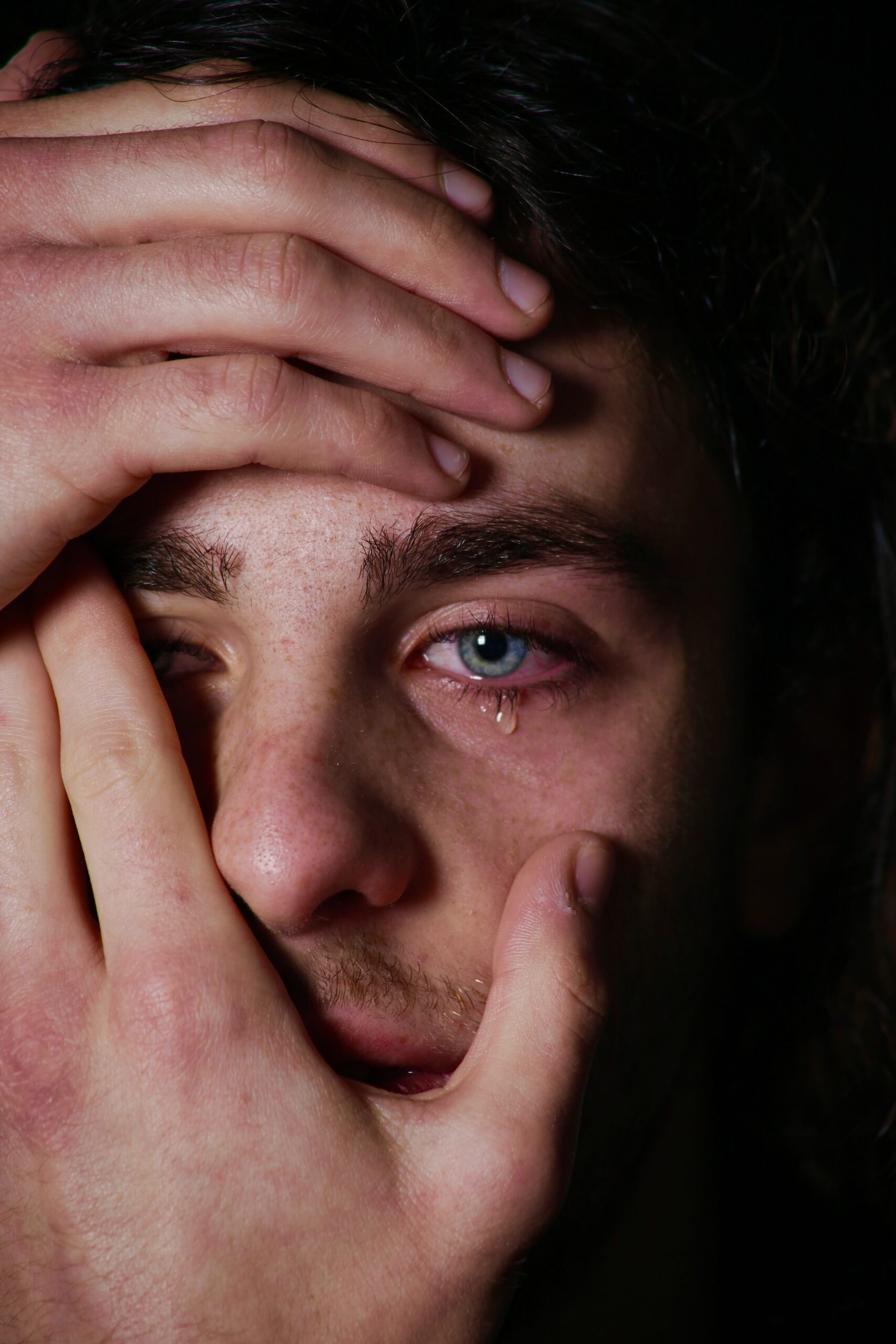
In Serbia, the term “gay” carries different connotations for different age groups. Children and teens often approach the term “gay” without a full grasp of its meaning, leading to misconceptions and mockery. This disparity becomes especially apparent when examining how different age groups, particularly children and teenagers, interact with and interpret the term.
Teens’ Toxic Taunts: ‘Gay’ Used as an Insult by the Next Generation
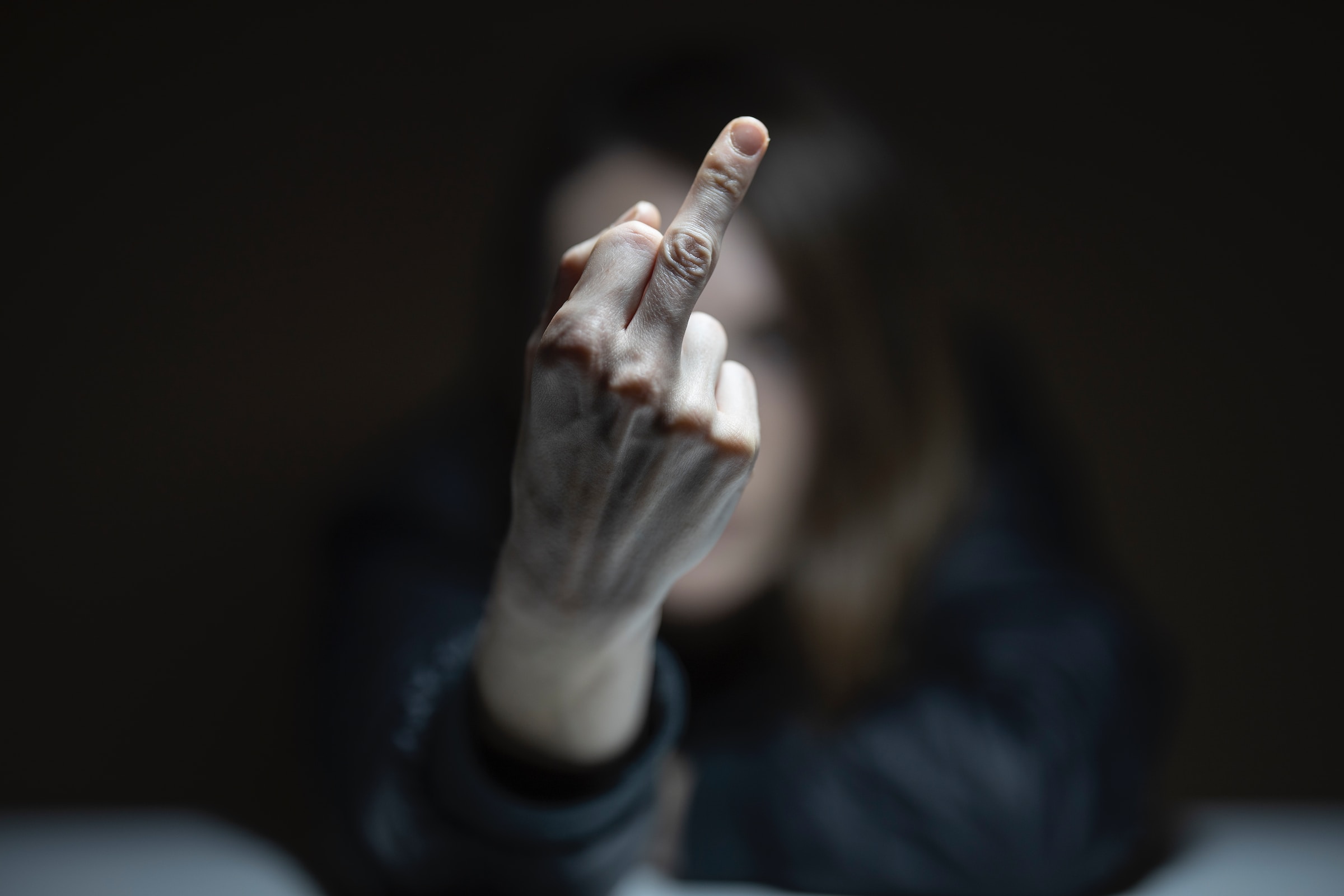
It’s not uncommon for children and teens to mimic sarcastic humor from their parents and relatives, a trend that perpetuates harmful stereotypes and mockery. An alarming example of this phenomenon is the association between the derogatory term “kurac” (meaning penis) and “gay.”
Family’s Dark Influence: Perpetuating Stereotypes and Mockery Among Children
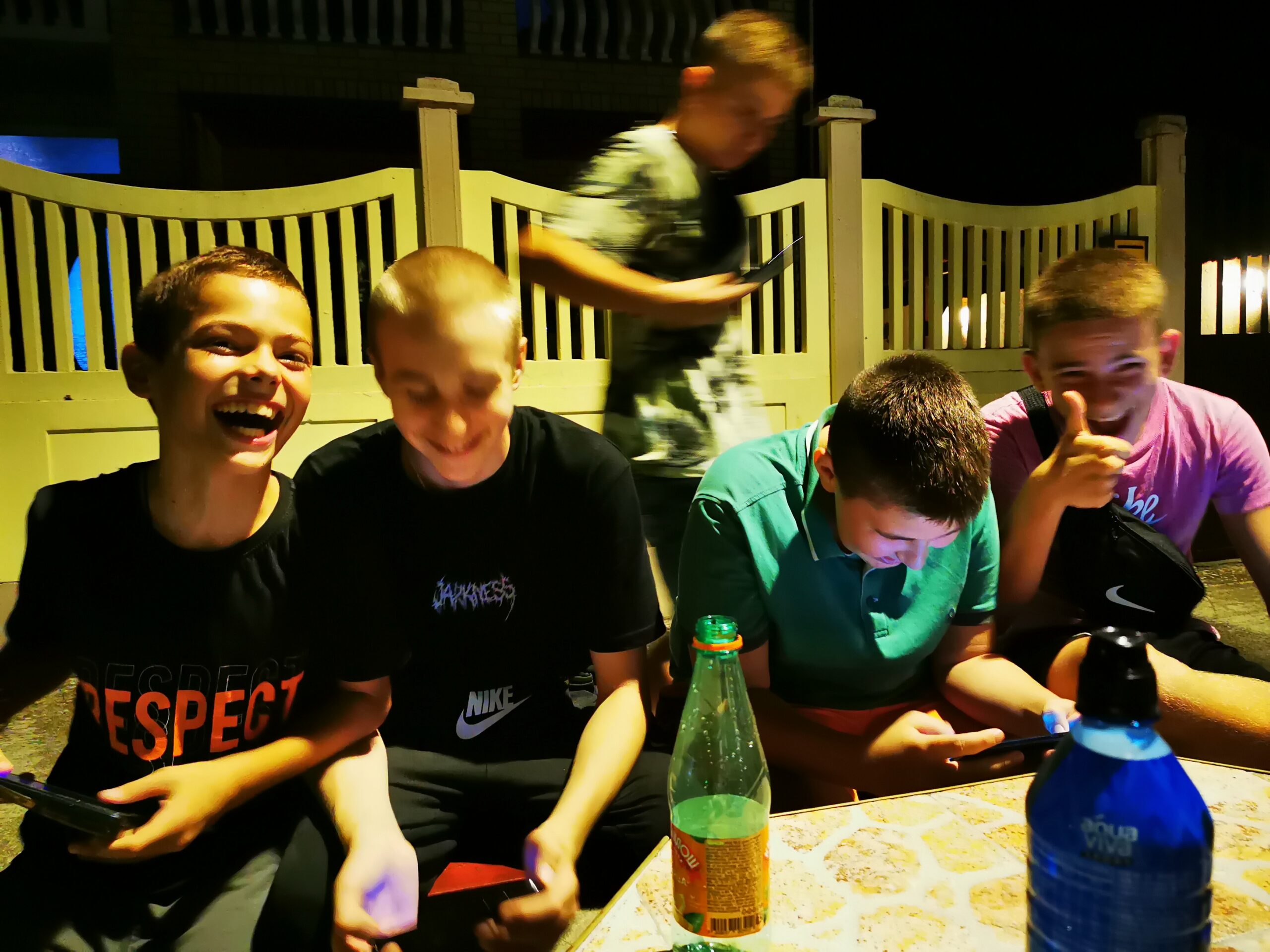
Sign up for more LGBTQ+ news and updates at TrueQueer.
Parents unknowingly reinforce these derogatory connections, creating an environment where ridicule of LGBTQ+ individuals is normalized. Children mimic the attitudes and language of their parents in an attempt to fit in and gain acceptance within their family and social circles. This phenomenon perpetuates a cycle of discrimination, as children internalize and replicate derogatory behavior even without fully comprehending the implications.
Innocence Lost: How ‘Gay’ Confounds Youth, Leading to Misconceptions
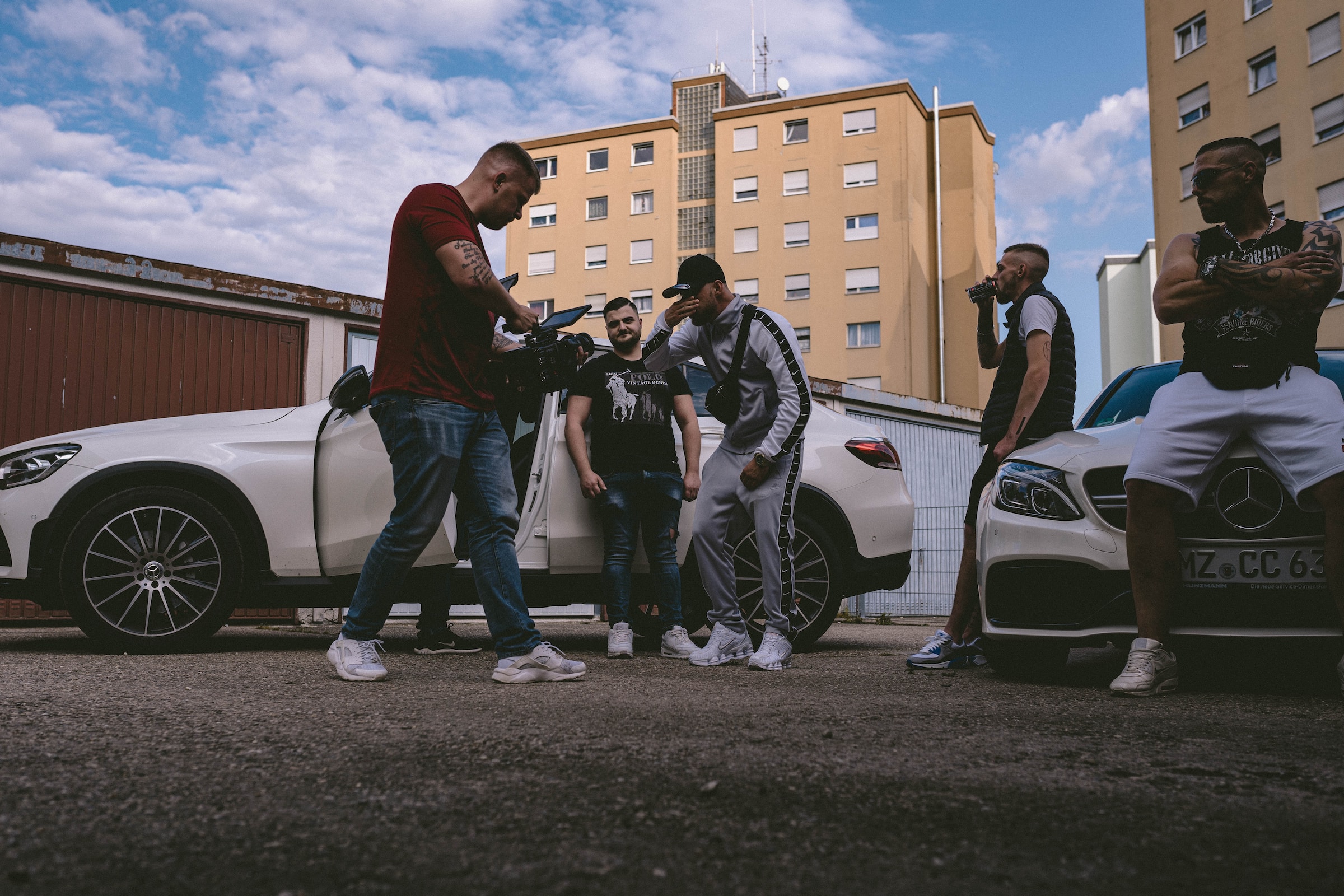
Even our peers have a penchant for stigmatising “gay topics.” At midnight, I came across a group of 35-something males (like hooligans) on the streets of a village near the Danube River, they kept linking ” gay ” to ” anal sex “, I hurriedly got rid of them, and I avoided the so-called ” Balkan or Serbian humours “. For these younger individuals, “gay” was used as a casual insult or a term to tease others.
Here are a few examples of derogatory terms and language used in the Serbian context that target gay individuals:
1. **Peder (педер)**: This is a highly derogatory term used to insult gay men. It is commonly used as an offensive slur rather than a neutral descriptor.
2. **Švalerka (швалерка)**: While not exclusively targeting gay individuals, this term is sometimes used to demean gay men by implying promiscuity or effeminate behavior.
3. **Muškarača (мушкарача)**: A derogatory term that implies a man is acting in a feminine or effeminate manner, often used to demean gay men.
4. **Ljubitelj mode (љубитељ моде)**: Translating to “fashion lover,” this term is used sarcastically to mock men who are perceived as effeminate or gay due to their interests.
5. **Devojčica (девојчица)**: Literally meaning “little girl,” this term is used to mock men by implying that they are acting in a way that’s stereotypically associated with women or girls.
6. **Cica-maca (цица-маци)**: This is a playful term often used to belittle or mock gay men, implying that they are effeminate or overly concerned with their appearance.
( It’s important to note that using such language perpetuates negative stereotypes and contributes to an environment of discrimination and disrespect. )
Beware the Whispers: Dangerous Waters of ‘Gay’ Identity Talks
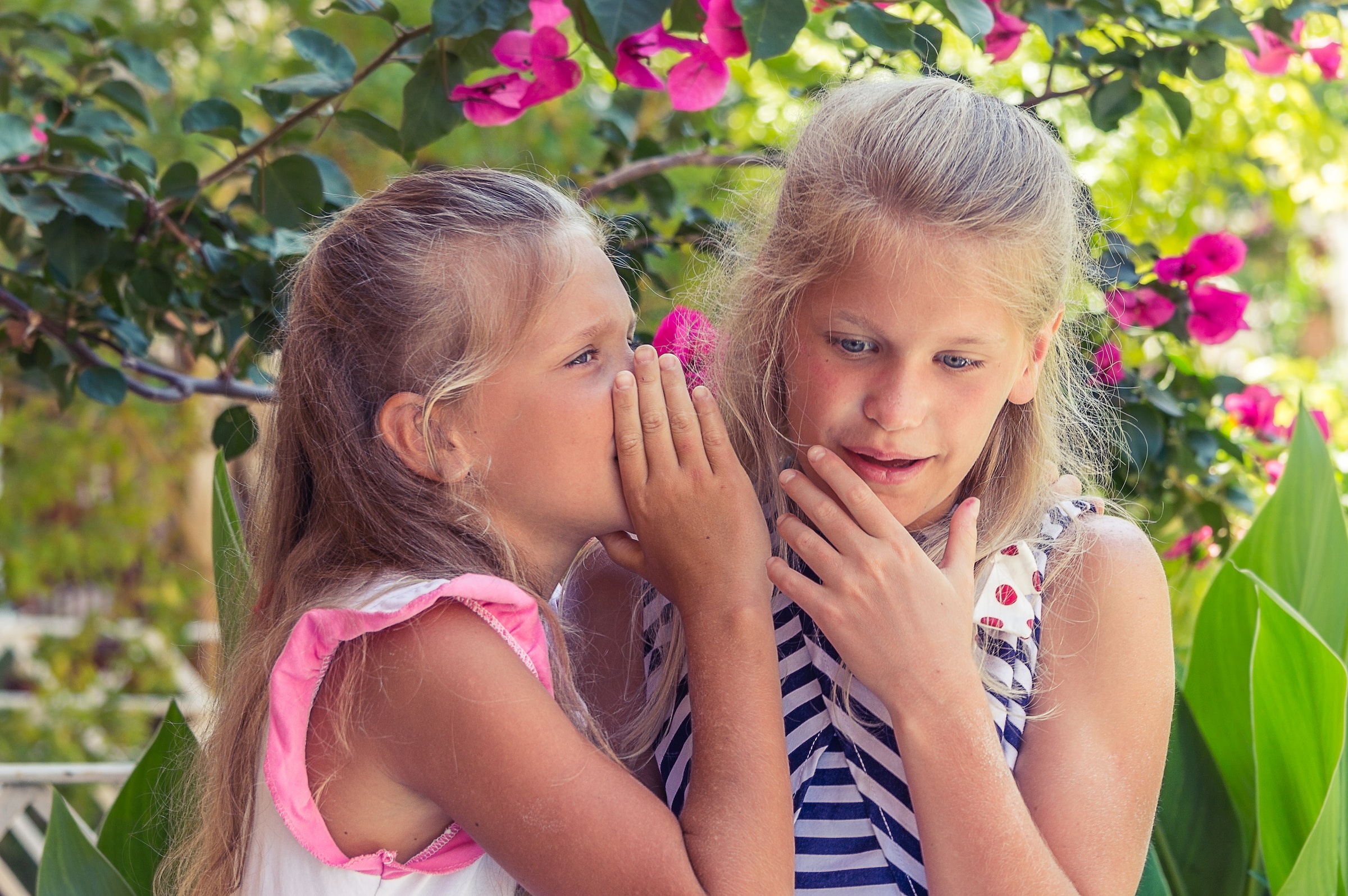
I received some messages from friends in Serbia. They told me to be cautious about the Serbians who initiate gay topics teasingly, they might want me to appear fool or behave like a clown in front of others. When it comes to ” gay identity”, these negative words would come to some Serbians’ mind ” bad stuff, you are against family, nation and everything that is good!”
The cautionary advice to be careful about discussing “gay topics” with new acquaintances highlights the potential for judgment and ridicule, especially in less open-minded small towns and villages. The negative associations of “bad stuff” and being “against family and nation” underscore the deep-seated misconceptions that persist in some segments of the population.
Battle Cry for Change: Demanding Open Conversations on LGBTQ+ Struggles
The stigmatization of “gay topics” by peers reflects the perpetuation of societal biases and prejudices. The negative stereotypes attached to LGBTQ+ discussions reveal a need for open dialogues to challenge misconceptions. Additionally, the association between “gay” and explicit sexual acts, illustrates the need for comprehensive sexual education to address misunderstandings.
In tiny towns and villages, Serbia is not tolerant. “Be careful! The EU and USA have introduced excessive liberty, and new labels like LGBTQ, non-binary and asexuality are intolerable!” is a popular complaint from the Serbian community.
Locals in a less LGBT-acceptant nation would refer to the word “liberty” as “overloaded information” rather than labelling it “liberal.” Very few gay people in Serbia work full-time to create an inclusive environment, instead they would prefer to focus on getting a better-paying career.
War of Words: Traditional Values Clash with Emerging LGBTQ+ Norms
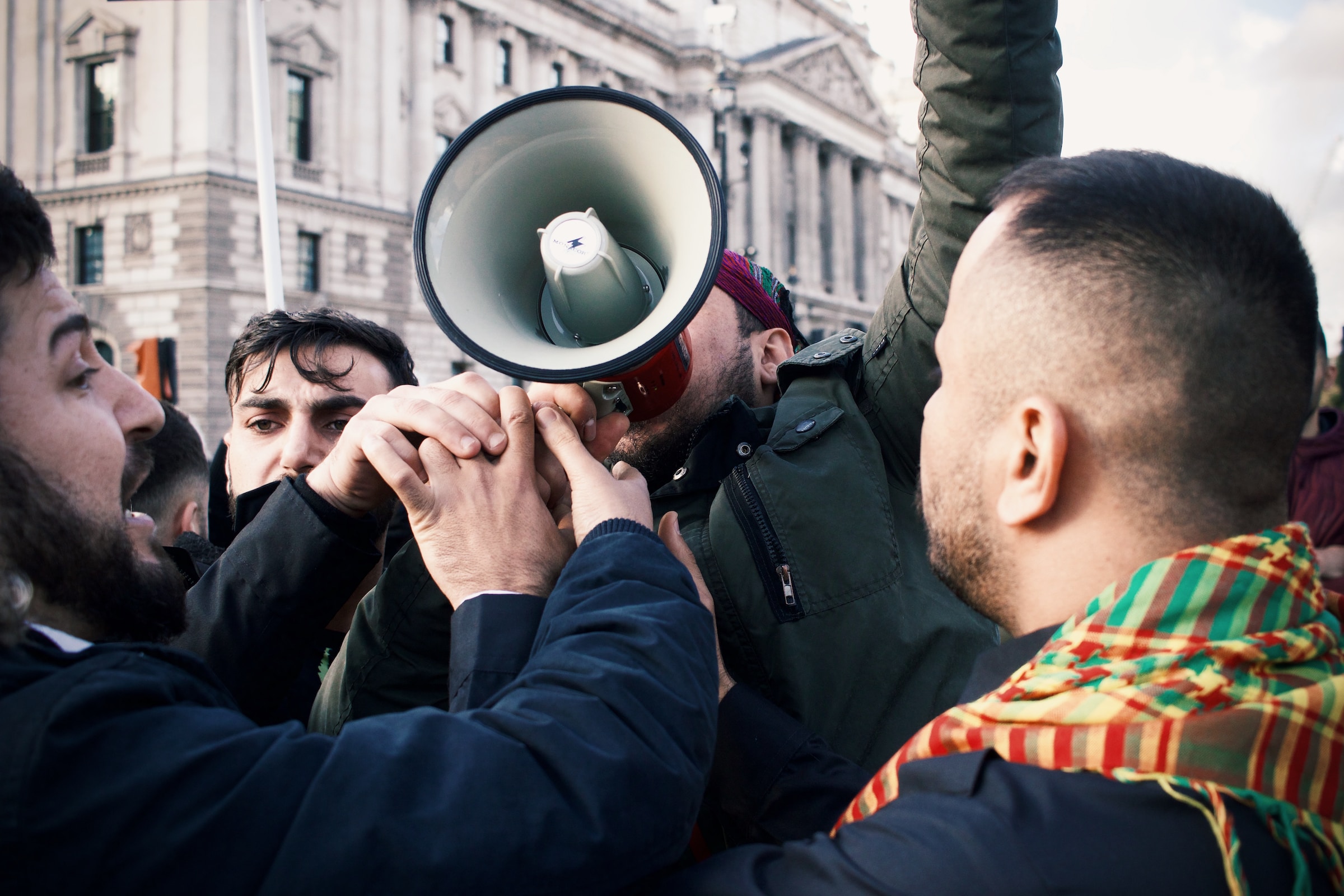
Sign up for more LGBTQ+ news and updates at TrueQueer.
The introduction of new terms like LGBTQ+, non-binary, and asexuality has faced resistance in some parts of Serbia. The perception of these terms as “overloaded information” rather than a form of “liberty” signifies the tension between global progress and local conservatism. The clash between traditional values and evolving societal norms underscores the complexities of social change.
Chinese people find it difficult to comprehend how various age groups of Serbians feel about “gay topics.” I was told to avoid the company of those who like teasing homosexuals.
Urban vs. Rural: Torn Fabric of Attitudes Toward ‘LGBT’ Laid Bare
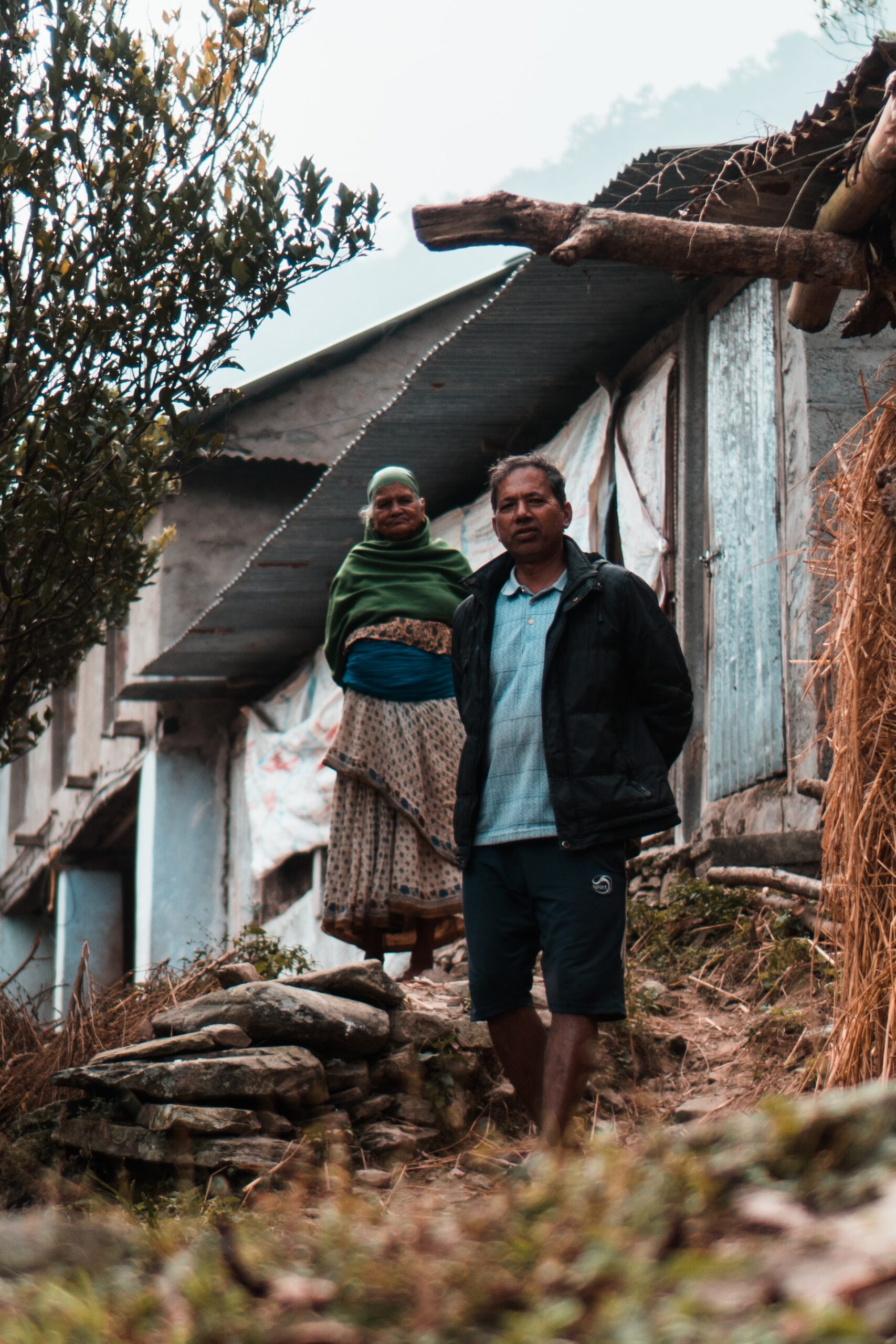
For villagers, there is no such ” LGBT ” thing. Older generations often hold more traditional views, rooted in a societal framework where discussions surrounding LGBTQ+ matters were largely absent. To them, the idea of same-sex relationships can be a foreign concept, leading to discomfort or even ridicule.
The disparities in attitudes become even more pronounced when comparing rural and urban areas. For villagers, the very concept of “LGBT” may be unfamiliar, resulting in a black-and-white understanding of sexual orientations—either “Straight” or “Gay.” The lack of exposure to diverse perspectives, combined with the influence of traditional values, can foster an environment where derogatory attitudes persist.
Expect to hear the word “LGBT friendly” in a country like Serbia, which does not recognise same-sex relationships! There is no such thing as a “Gay Pride” slogan in the western sense! The absence of legal recognition for same-sex relationships in Serbia further exacerbates the challenges surrounding LGBTQ+ acceptance.
Mockery’s Mask: Balkan Humor’s Role in Suppressing LGBTQ+ Conversations
A concerning aspect that shapes the attitudes of Serbian teenagers is the prevalence of what is commonly referred to as “Balkan humor.” Teenagers just want to indulge in their vacuous Balkan Humors!This particular brand of humor is often characterized by its disregard for seriousness and its tendency to trivialize important issues.
It seems that when confronted with sensitive topics like LGBTQ+ matters, this form of humor is wielded as a shield to deflect any meaningful engagement. Rather than fostering genuine understanding or empathy, this use of humor appears to perpetuate a culture of mockery and indifference towards LGBTQ+ concerns, ultimately hindering progress and meaningful discourse.
The lack of legal protections reinforces the perception that LGBTQ+ rights are not a priority. This lack of recognition can stifle progress and create an environment where open discussions are discouraged.
Follow us on Facebook
![]()

![[Insights Into Serbia] “3 Alarming Generational Biases: Serbia’s Disturbing Disconnect with ‘Gay’ Exposes Deep Divides” [Insights Into Serbia] “3 Alarming Generational Biases: Serbia’s Disturbing Disconnect with ‘Gay’ Exposes Deep Divides”](https://truequeer.com/wp-content/uploads/2023/08/IMG_20230820_212714_120939-2048x1536.jpg)